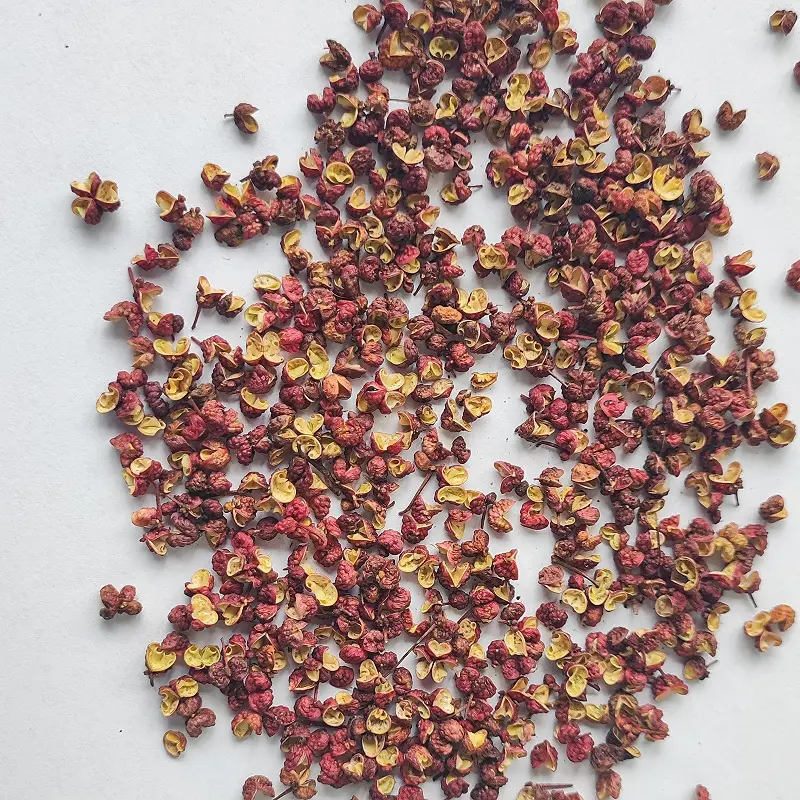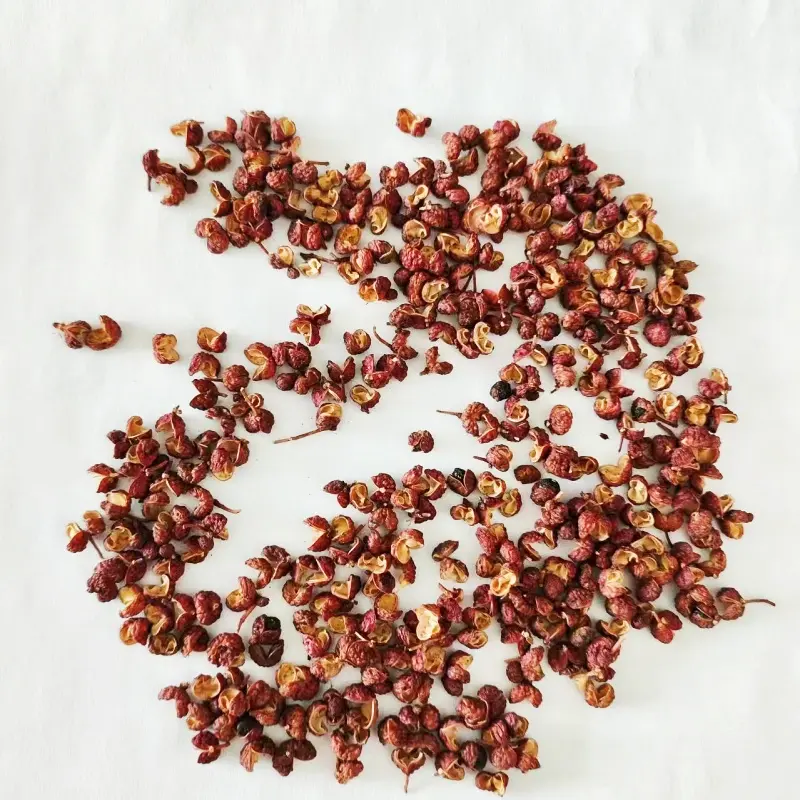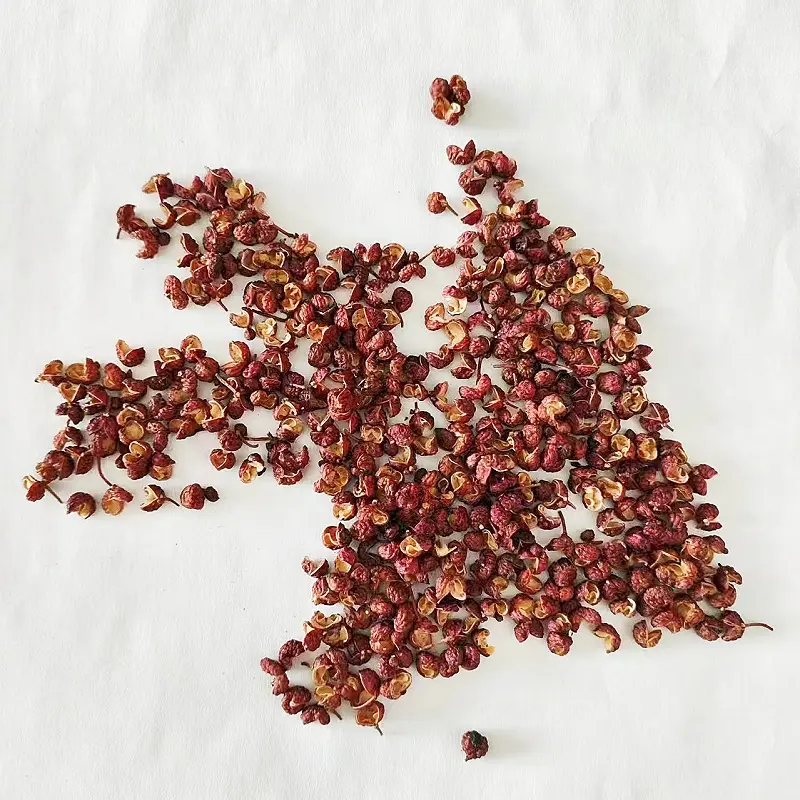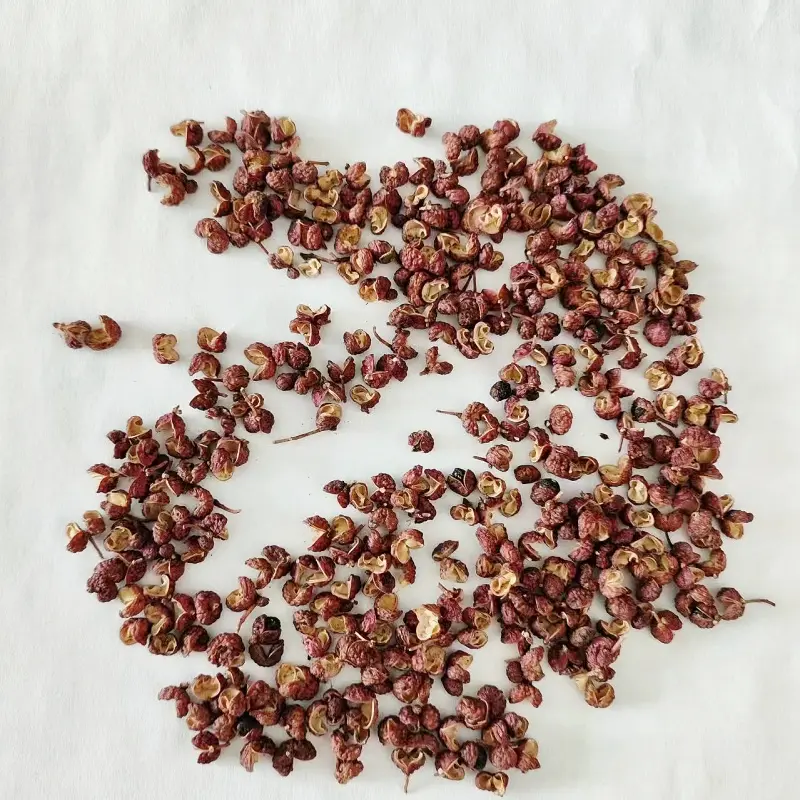Sichuan peppercorn, known as Huajiao (花椒) in China, is one of the most distinctive spices in Asian cuisine. Famous for its tingling, numbing sensation and citrus-like aroma, Sichuan peppercorn is widely used in Chinese, Southeast Asian, and increasingly Western kitchens. Beyond its culinary appeal, Sichuan peppercorn is also a growing export product.
But in today’s food industry, quality and safety certifications play an equally important role as flavor. For international buyers, importers, and food companies, one certification stands out: HACCP (Hazard Analysis and Critical Control Point). When you see “Sichuan peppercorn with HACCP certification,” it means the product is produced under strict food safety management standards that meet international requirements.
In this blog, we will explore:
What HACCP certification is
Why HACCP matters for Sichuan peppercorn exporters and buyers
The certification process for spice products
Benefits for international trade and consumer confidence
How HACCP-certified Sichuan peppercorn compares to non-certified products
This guide is designed for food importers, spice traders, and businesses seeking reliable sourcing of Sichuan peppercorn from China.
What is HACCP Certification?
HACCP (Hazard Analysis and Critical Control Point) is a systematic approach to food safety. It identifies, evaluates, and controls hazards that could compromise food quality, from raw material handling to final packaging.
Key aspects of HACCP include:
Hazard Analysis
Identifying potential biological (bacteria, mold), chemical (pesticides, toxins), and physical (foreign matter) risks in food production.Critical Control Points (CCPs)
Steps in the production chain where hazards can be prevented, eliminated, or reduced to safe levels—such as cleaning, roasting, drying, or packaging of peppercorns.Monitoring Procedures
Regular inspections and data recording at CCPs.Corrective Actions
Steps taken if monitoring indicates a CCP is not under control.Verification
Independent audits, lab tests, and documentation reviews to ensure compliance.Record-Keeping
Comprehensive documentation of safety protocols, batch records, and testing reports.
HACCP is recognized globally, and in many countries—including the EU, the US, and parts of Southeast Asia—it is a mandatory requirement for imported food products.
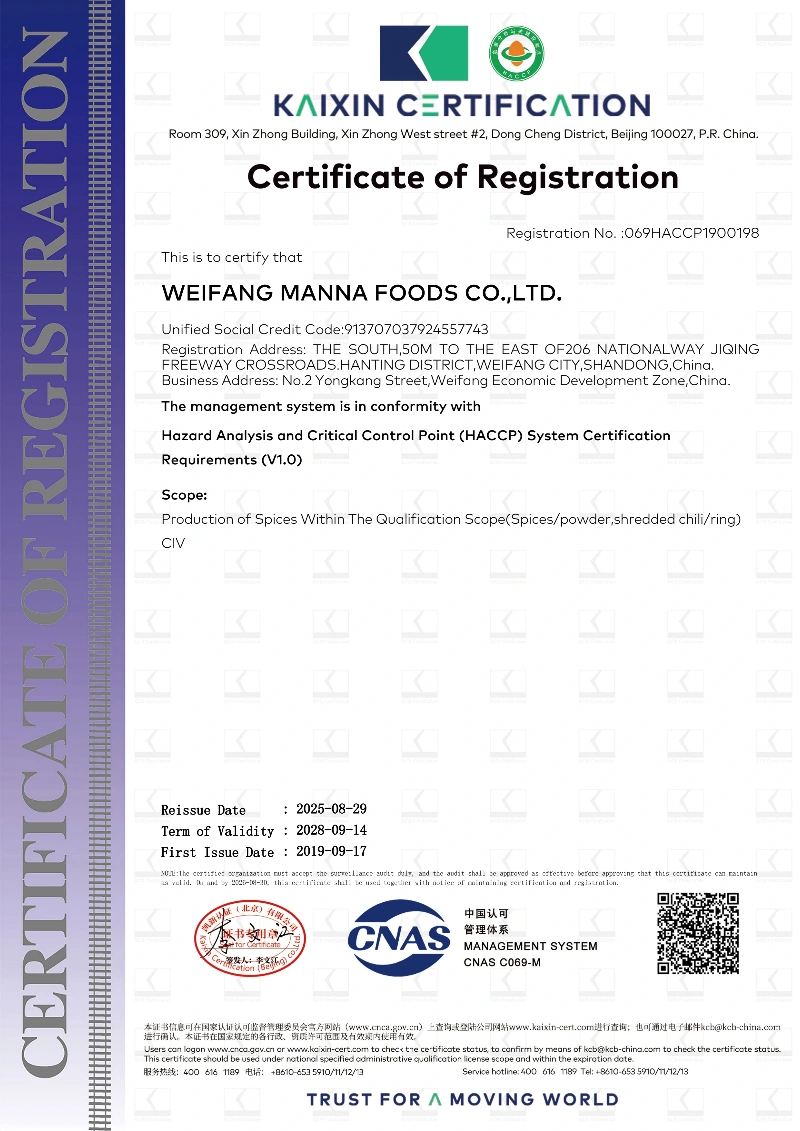
What Does HACCP Certification Mean for Sichuan Peppercorn?
When a supplier offers Sichuan peppercorn with HACCP certification, it guarantees:
Safe Sourcing: The peppercorns are harvested, sorted, and processed under strict hygiene and quality controls.
Traceability: Each batch can be traced back to its origin, ensuring accountability.
Reduced Contamination Risks: Prevents pesticide residues, mold, and foreign particles.
Compliance with International Standards: Meets requirements of importing countries such as the EU’s food safety directives, the US FDA standards, and ASEAN food safety rules.
Market Access: Many international buyers will only accept HACCP-certified products.
For Sichuan peppercorn, HACCP is particularly crucial because:
Peppercorns are prone to mold and aflatoxin contamination if not dried or stored properly.
They are exported in bulk, which requires consistent quality control.
International spice markets demand proof of safety to allow entry.
Sichuan Peppercorn: Why Buyers Demand HACCP
Let’s break down the significance of HACCP certification from three perspectives:
1. For Importers and Distributors
Ensures products comply with customs and food safety inspections.
Reduces risks of shipment rejection, fines, or recalls.
Strengthens credibility when reselling to food companies and retailers.
2. For Food Manufacturers
Reliable ingredient safety for sauces, seasonings, ready meals, and snacks.
Easier integration into HACCP-certified production lines.
Supports branding claims like “safe,” “certified,” or “premium spice.”
3. For Consumers
Builds trust that the product is safe to consume.
Protects against health risks such as pesticide overuse or microbial contamination.
Meets the growing global demand for food safety transparency.
The HACCP Certification Process for Sichuan Peppercorn
To obtain HACCP certification, a Sichuan peppercorn factory typically goes through several steps:
Raw Material Control
Sourcing peppercorns from GAP-certified farms.
Pesticide and heavy metal testing at harvest.
Processing Stage Controls
Cleaning and sorting to remove stones, dust, and impurities.
Drying at controlled temperatures to prevent mold.
Grinding (if producing powder) with sterilized equipment.
Packaging in food-grade, sealed bags.
Laboratory Testing
Microbiological tests for E. coli, Salmonella, and molds.
Chemical residue analysis for pesticides.
Documentation & Training
Workers trained in hygiene and safety protocols.
Full record-keeping of all CCP monitoring.
Audit & Certification
Independent third-party audit by accredited HACCP certifiers.
Certification valid for 1–3 years with annual surveillance audits.
Comparison: HACCP-Certified vs. Non-Certified Sichuan Peppercorn
| Feature | HACCP-Certified Peppercorn | Non-Certified Peppercorn |
|---|---|---|
| Safety Assurance | Verified through audits & testing | No guarantee, higher risk |
| Market Access | Accepted globally | May be rejected at customs |
| Traceability | Full batch tracking | Limited or no traceability |
| Price Level | Slightly higher due to certification | Lower, but risky |
| Buyer Confidence | High trust from importers & retailers | Low trust, limited markets |
Benefits of HACCP-Certified Sichuan Peppercorn for International Trade
Global Acceptance
HACCP certification is recognized in over 150 countries. This makes export smoother and faster.Competitive Advantage
Sellers can position their products as premium, safe, and compliant.Reduced Risk
Avoid costly shipment delays, rejections, or recalls.Long-Term Partnerships
Many international buyers only sign contracts with certified suppliers.Brand Reputation
Builds a strong reputation for reliability in global spice markets.
Challenges in HACCP Certification for Sichuan Peppercorn Producers
While HACCP offers clear benefits, small and medium-sized peppercorn producers in Sichuan may face challenges:
High Initial Costs: Implementing HACCP systems requires investment in equipment, training, and audits.
Technical Knowledge: Farmers and processors need education on hygiene and documentation.
Consistency: Maintaining HACCP standards batch after batch can be difficult during peak harvest seasons.
Despite these challenges, the long-term benefits outweigh the costs, especially for businesses targeting the US, EU, and ASEAN markets.
Case Study: Sichuan Peppercorn Export Success with HACCP
A mid-sized factory in Chengdu, Sichuan, obtained HACCP certification in 2021. After certification:
Exports to Europe increased by 35% within the first year.
They secured contracts with two international spice brands.
Their rejection rate at customs dropped to zero, compared to occasional issues before certification.
This case highlights how HACCP certification can directly impact export growth and business stability.
How to Source HACCP-Certified Sichuan Peppercorn
If you are an importer or distributor, here’s how to ensure you buy the right product:
Request Certificates
Always ask for the official HACCP certificate from the supplier.Check Expiry Date
Certificates are valid for a set period, usually 3 years with annual audits.Third-Party Verification
Confirm the certificate with the issuing body to avoid fraud.Supplier Visit or Audit
For large orders, consider auditing the factory directly.Sample Testing
Conduct lab testing for pesticide residues and microbial safety before full shipment.
Conclusion
Sichuan peppercorn is not only a culinary treasure but also a valuable export product. However, in the global food trade, flavor alone is not enough—safety certifications are essential.
When you buy or sell Sichuan peppercorn with HACCP certification, you gain:
Assured safety and quality
Compliance with international food standards
Wider market access
Stronger consumer trust
For importers in the US, EU, and Southeast Asia, HACCP is no longer optional—it is a necessity. For Sichuan peppercorn producers, obtaining HACCP certification means unlocking global opportunities and securing long-term growth.
In the future, as global consumers demand greater transparency in food safety, HACCP-certified Sichuan peppercorn will become the industry standard.
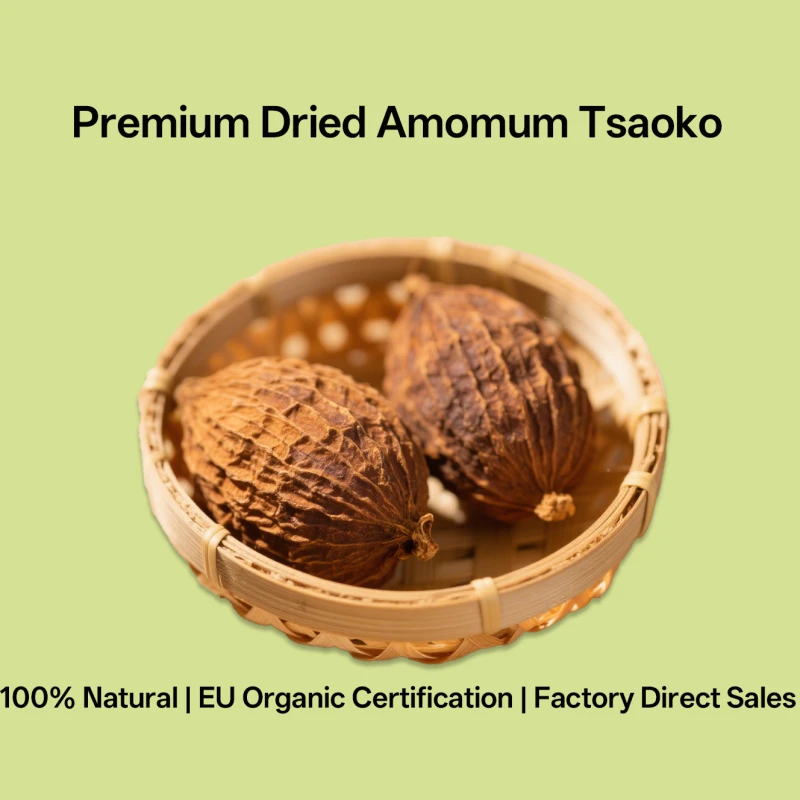
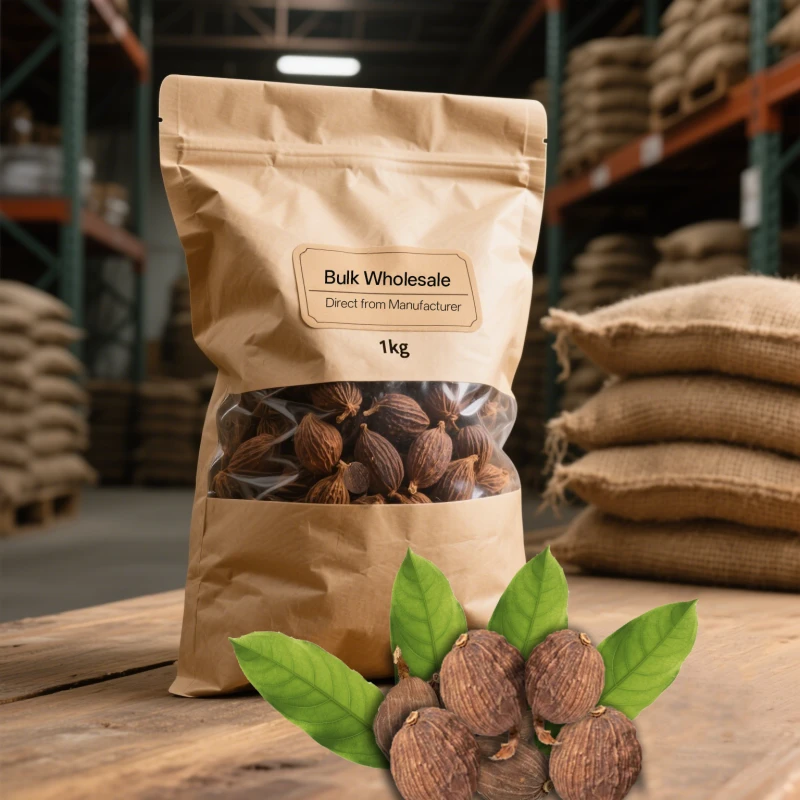
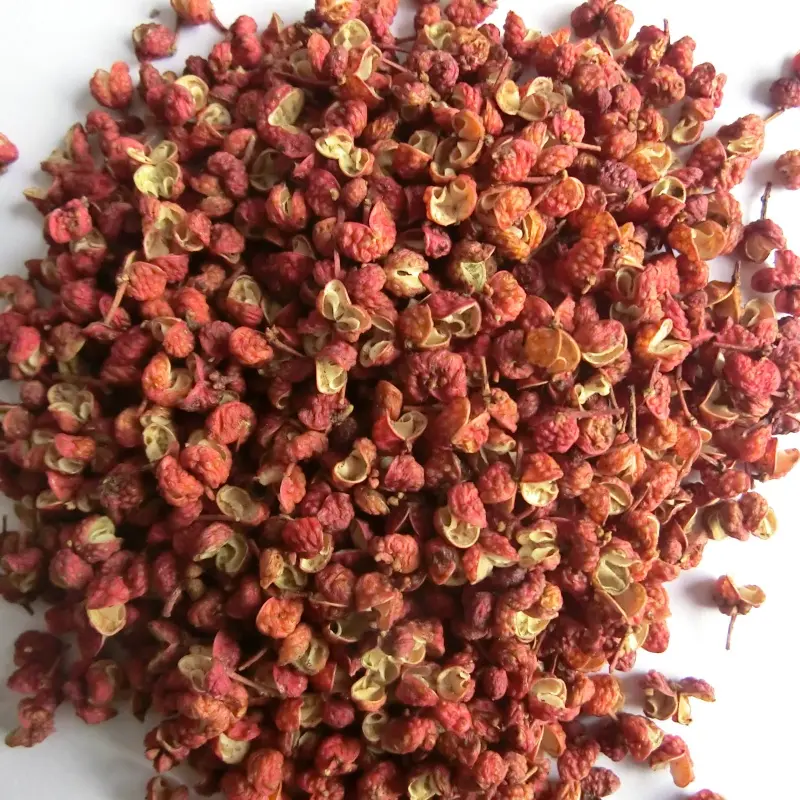
811.webp)
